Nurse practitioners are some of the most in-demand healthcare professionals, with the Bureau of Labor Statistics predicting a 38% increase in employment for the field through 2032. Also known as advanced practice registered nurses, these individuals provide primary and specialty healthcare to various patient populations in a range of settings.
Because of the specialized knowledge the field requires, a master’s degree is the minimum education requirement for becoming a nurse practitioner. For cost-conscious students who want to find the cheapest online nurse practitioner programs, Intelligent.com compiled this list of high-quality and affordable degree programs to help aspiring nurse practitioners get the education they need to advance their careers.
This article also includes expert advice on how to pay for a nurse practitioner degree and choose the right degree program for your budget and education goals.
Why Trust Us
The Intelligent.com Higher Education Team is dedicated to providing students with independent, equitable school and program rankings and well-researched resources. Our expert-driven articles cover topics related to online colleges and programs, paying for school, and career outlooks. We use data from the U.S. Department of Education’s College Scorecard, the National Center for Education Statistics, and other reputable educational and professional organizations. Our academic advisory team reviews content and verifies accuracy throughout the year for the most current information. Partnerships do not influence rankings or editorial decisions.
- Analyzed over 2,000 national, accredited, and nonprofit colleges and universities
- 800+ rankings pages are reviewed and updated yearly
- Content is informed by reputable sources, surveys, and interviews with academic advisors and other experts
- Over 100 data points are reviewed for accuracy and quality throughout the year, including sources
How we rank schools
Our list features the best Online Nurse Practitioner degree programs at top colleges nationwide. Each school featured is a nonprofit, accredited institution — either public or private — with a high standard of academic quality for post-secondary institutions.
We evaluated each school’s program on tuition costs, admission, retention and graduation rates, faculty, reputation, and the student resources provided for online students. We collected data from trusted sources like the National Center for Education Statistics, individual school and program websites, school admissions counselors, and other data sources. Then, we calculated the Intelligent Score on a scale of 0 to 100 based on the following criterion:
Academic Quality:
- Admission rate versus enrollment rate
- Retention rate of students who return after year one
- Accreditation status (regional and programmatic)
- Nonprofit status, both private and public institutions
Graduation Rate
- Overall graduation rate
- Total number of currently enrolled students, including diversity metrics
- Student-to-faculty ratio
Cost and ROI
- In-state and out-of-state per-credit tuition rates and fees
- Required credits to graduate
- Earning potential after graduation
- Availability of federal student loans, scholarships, and other financial aid options
Student Resources
- Available student services for online-only and hybrid programs
- On-campus amenities like tutoring centers and the number of libraries
Read more about our ranking methodology.
Best 50 Accredited Nurse Practitioner Programs
FiltersInstitution Type
Status
- Intelligent Score
- Alphabetically By University Name
- Acceptance Rate
- Enrollment
- In-state Graduate Tuition
- Out-of-state Graduate Tuition
- In-state Undergraduate Tuition
- Out-of-state Undergraduate Tuition
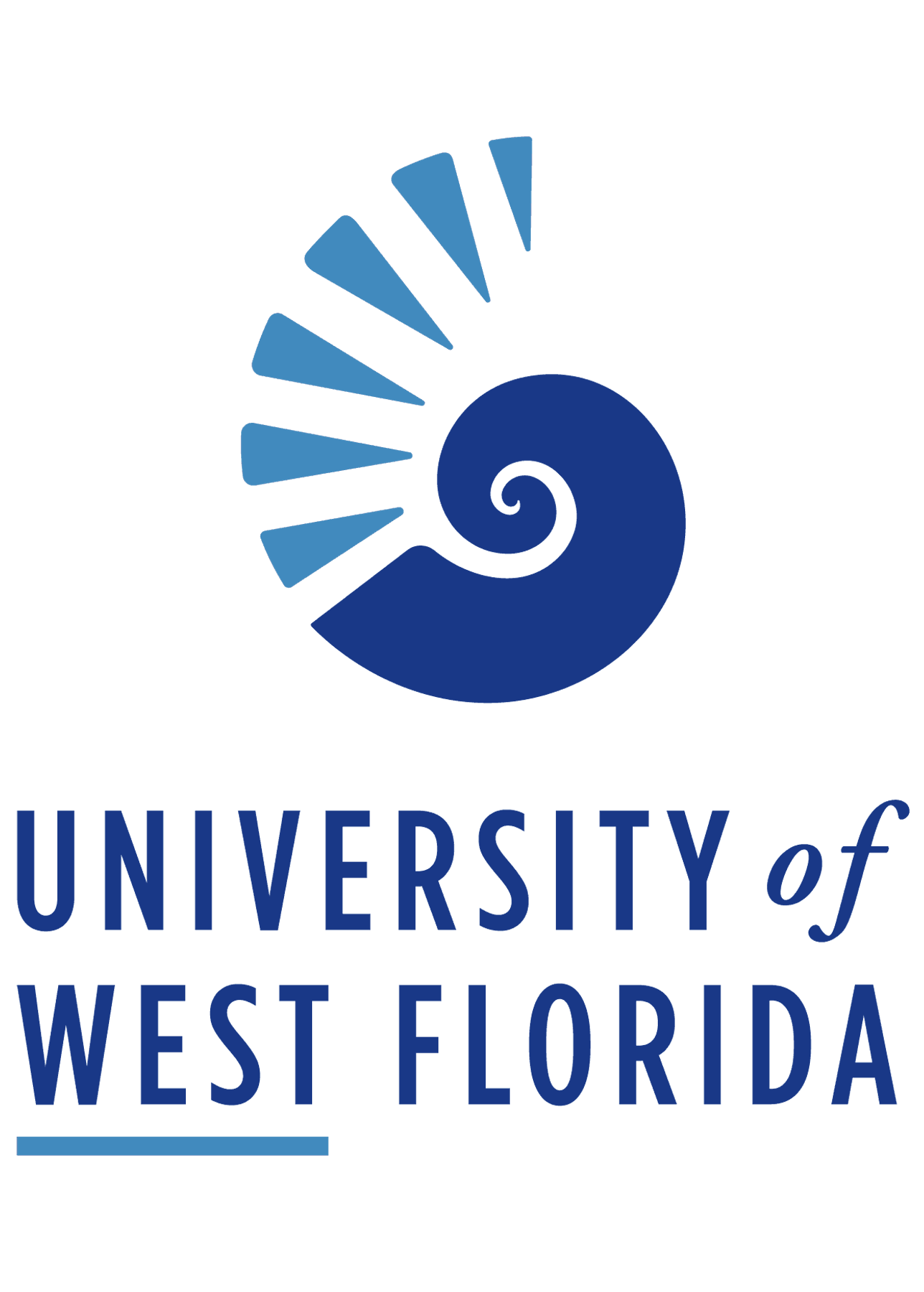
University of West Florida
Intelligent Score: 99.67In-state: $3,735
Out-of-state: $16,004
In-state: $7,088
Out-of-state: $7,088
SAT: 1060-1230
ACT: 21-27
$500
Online
Commission on Collegiate Nursing Education
45

Ohio University
Intelligent Score: 98.77In-state: $27,574
Out-of-state: $38,254
In-state: $18,138
Out-of-state: $18,138
SAT: 1070-1290
ACT: 22-27
$668 - $775
Online
Commission on Collegiate Nursing Education
20-40
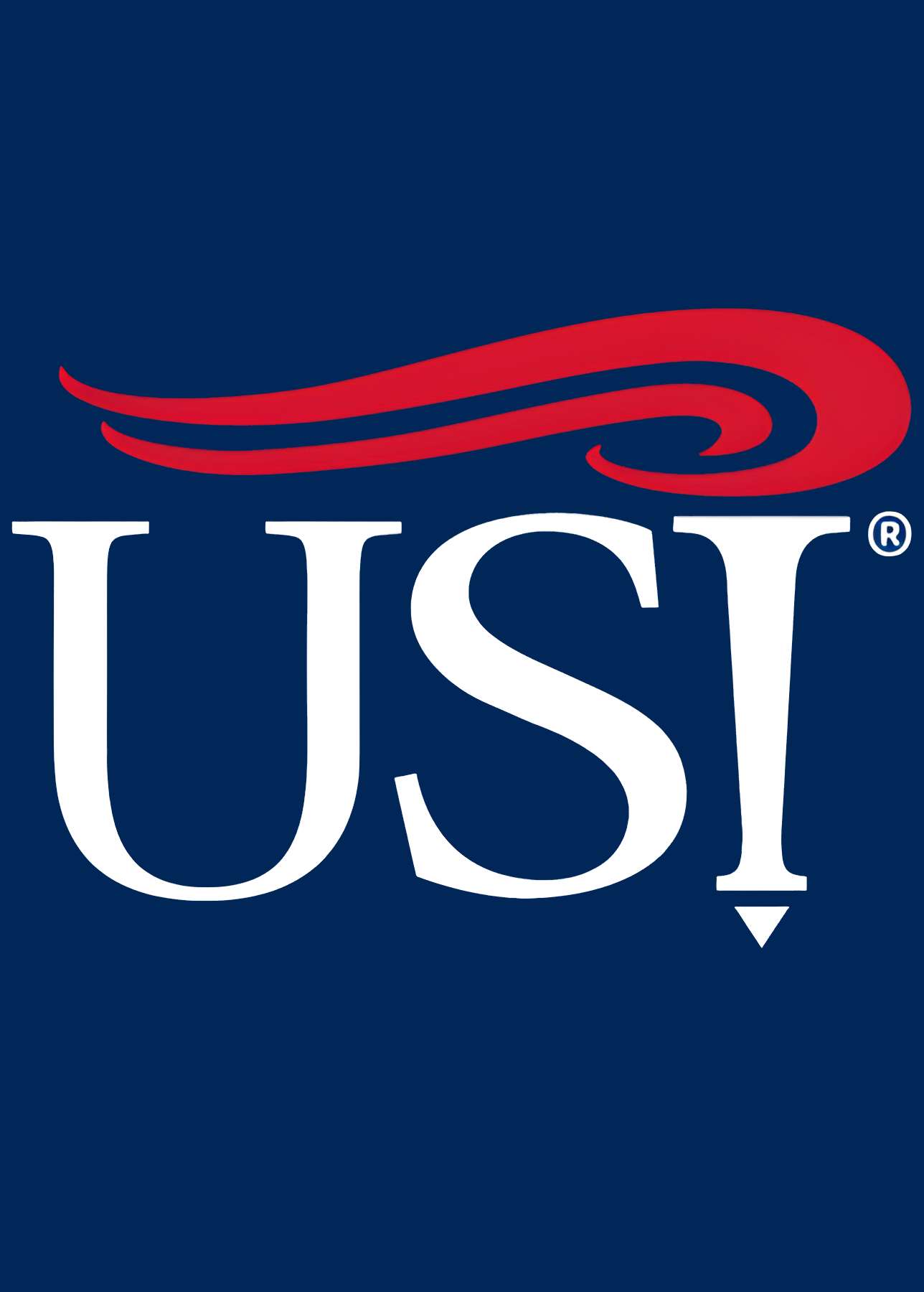
University of Southern Indiana
Intelligent Score: 98.61In-state: $8,716
Out-of-state: $20,252
In-state: $10,246
Out-of-state: $10,246
SAT: 980-1170
ACT: 19-25
$532
Online
Commission on Collegiate Nursing Education
42-44

University of Texas at Arlington
Intelligent Score: 98.49In-state: $11,448
Out-of-state: $40,032
In-state: $12,028
Out-of-state: $12,028
SAT: 1210-1470
ACT: 26-33
Certificate: $1,962 per course Undergraduate:$491 Graduate:$654
Online
Commission on Collegiate Nursing Education
Certificate:5 courses Undergraduate:78 Graduate: 41-46

NMSU Global
Intelligent Score: 97.32In-state: $6,041
Out-of-state: $22,507
In-state: $4,981
Out-of-state: $4,981
SAT: 950-1150
ACT: 17-23
$444
Online, On-campus
Higher Learning Commission
18
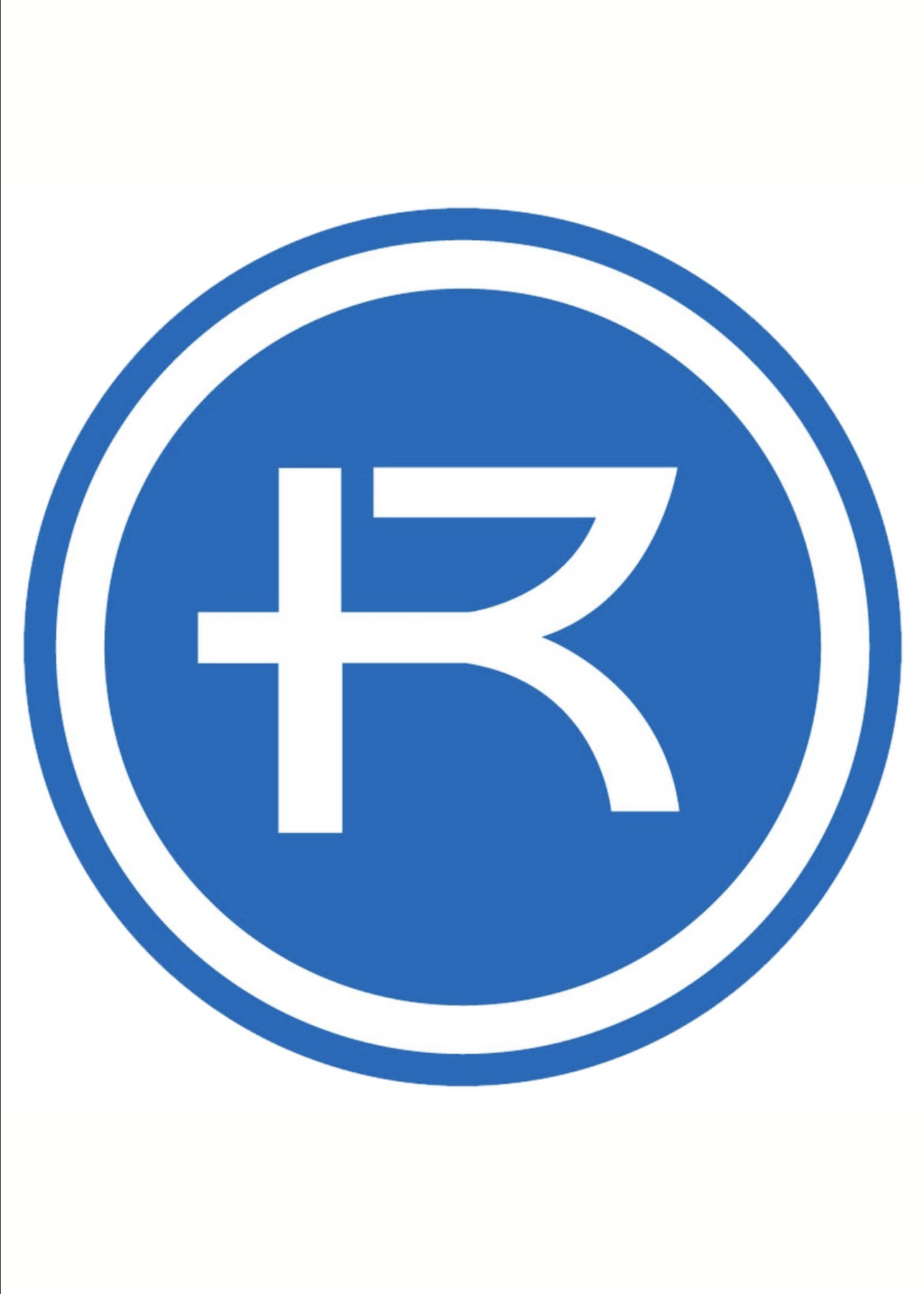
Rockhurst University
Intelligent Score: 97.06In-state: $38,800
Out-of-state: $38,800
In-state: $16,200
Out-of-state: $16,200
SAT: 1035-1225
ACT: 20-27
$734
Online, On-campus
Commission on Collegiate Nursing Education
20-49
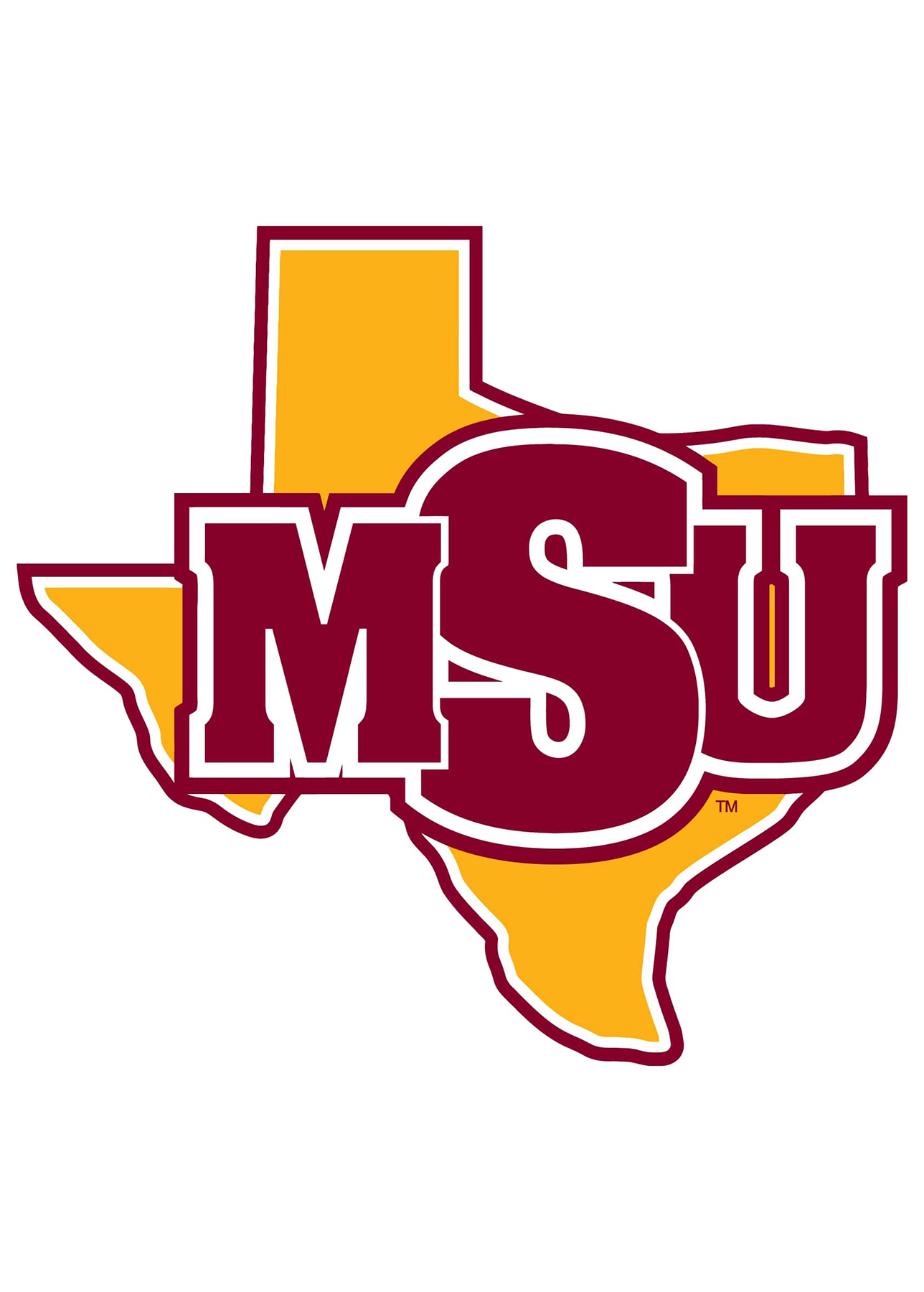
Midwestern State University
Intelligent Score: 96.92In-state: $5,708
Out-of-state: $7,658
In-state: $4,145
Out-of-state: $4,145
SAT: 910-1100
ACT: 16-22
In-State: $195
Out-of-State: $720
Online
Southern Association of Colleges and Schools Commission on Colleges
33

Arkansas State University
Intelligent Score: 96.51In-state: $5,232
Out-of-state: $10,800
In-state: $4,986
Out-of-state: $4,986
SAT: 1000-1220
ACT: 20-26
$340 - $500
Online
Accreditation Commission for Education in Nursing
21.5 - 47.5

University of Arizona
Intelligent Score: 96.46In-state: $10,990
Out-of-state: $33,273
In-state: $11,938
Out-of-state: $11,938
SAT: 1090-1350
ACT: 21-29
$1,053
Online
Commission on Collegiate Nursing Education
30-70
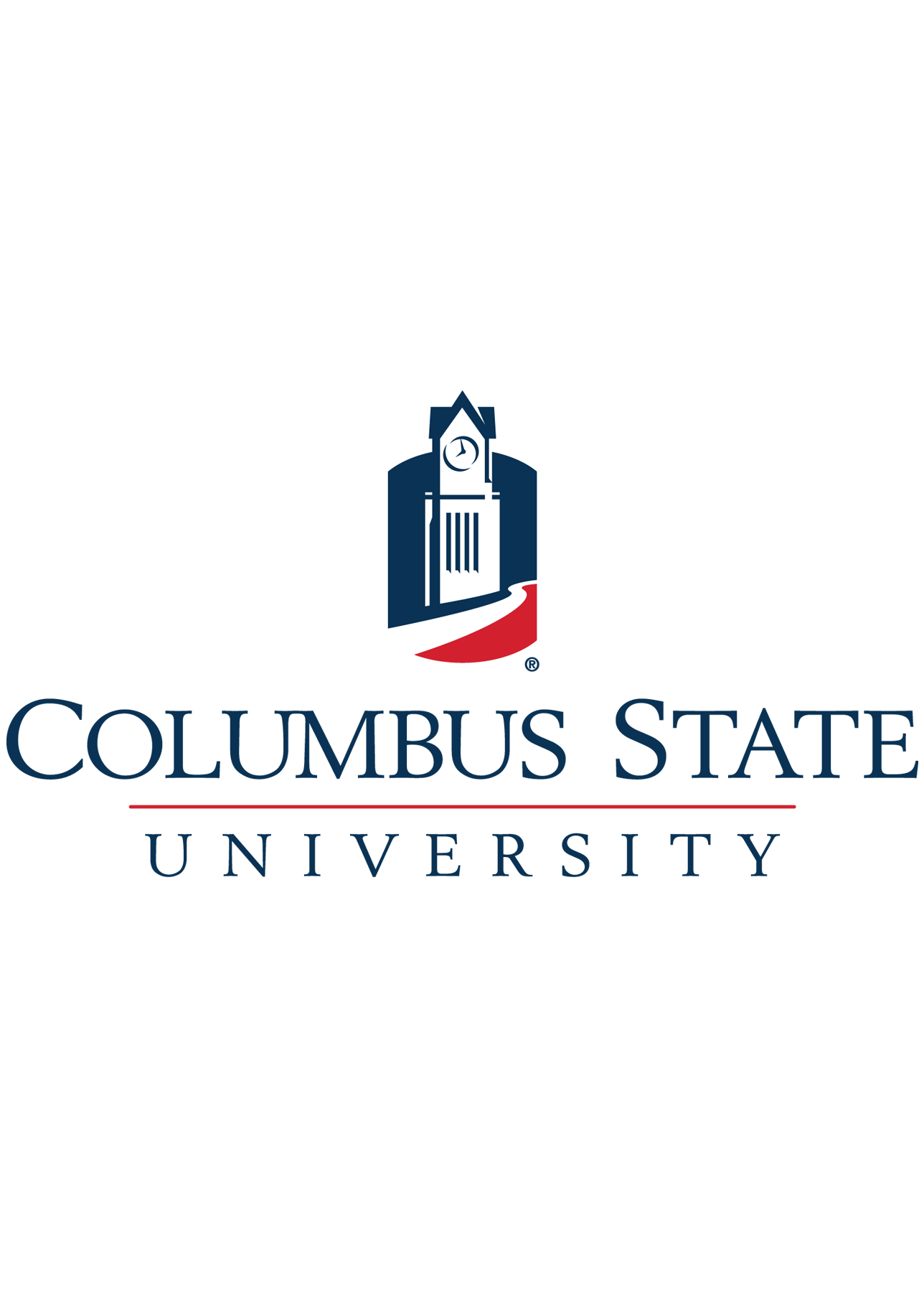
Columbus State University
Intelligent Score: 96.25In-state: $4,371
Out-of-state: $15,425
In-state: $6,300
Out-of-state: $6,300
SAT: 860-1080
ACT: 17-23
$385
Online
Commission on Collegiate Nursing Education
44

Angelo State University
Intelligent Score: 95.95In-state: $4,412
Out-of-state: $14,228
In-state: $4,119
Out-of-state: $4,119
SAT: 920-1120
ACT: 17-23
Resident: $232
Non-Resident: $642
Online
Commission on Collegiate Nursing Education
25-49
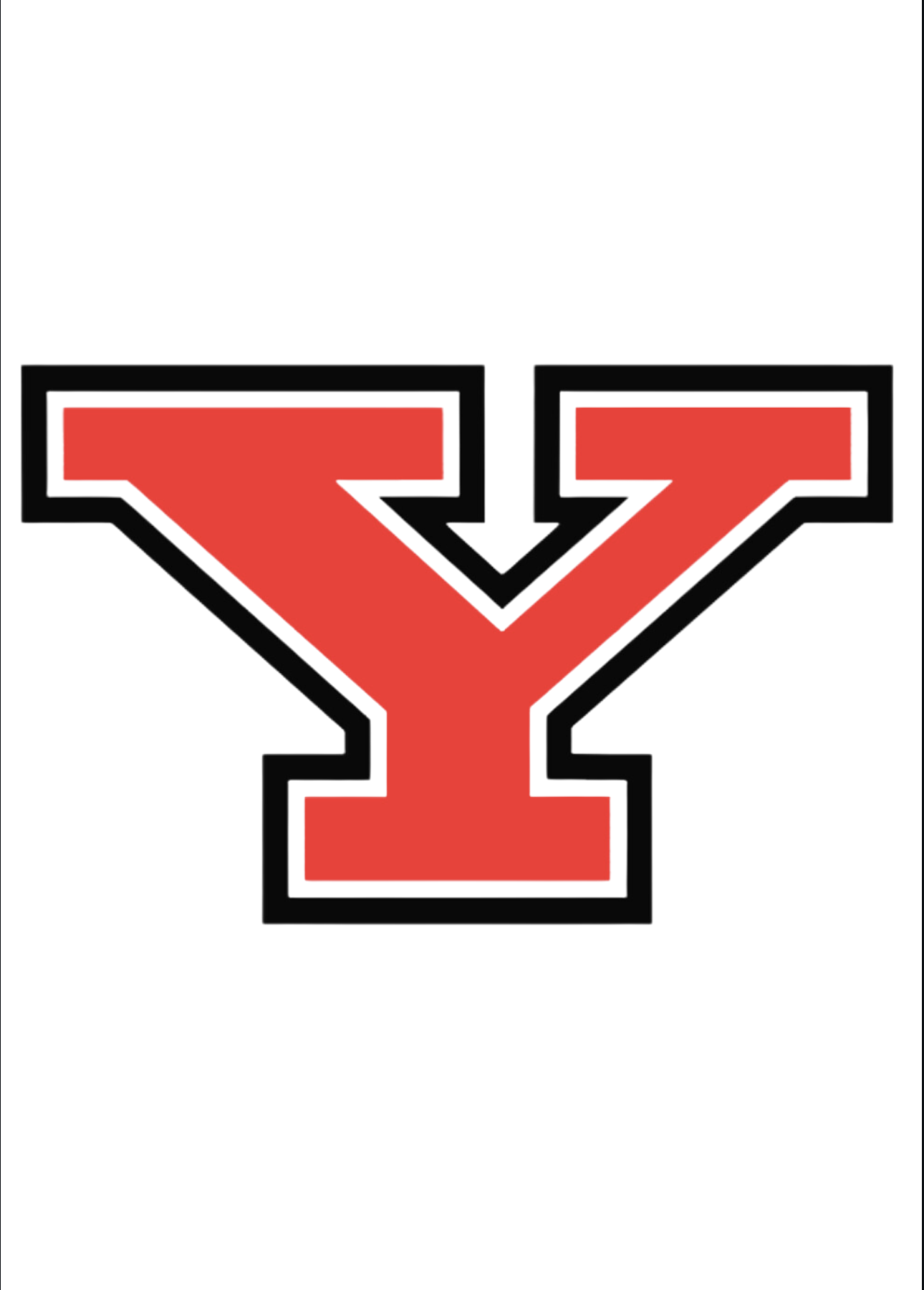
Youngstown State University
Intelligent Score: 95.82In-state: $8,966
Out-of-state: $9,326
In-state: $6,072
Out-of-state: $6,072
SAT: 960-1190
ACT: 18-24
In-State: $527
Out-of-State: $532
Online
Commission on Collegiate Nursing Education
18-46

University of Nevada Reno
Intelligent Score: 94.5In-state: $7,901
Out-of-state: $23,554
In-state: $5,657
Out-of-state: $5,657
SAT: 1060-1260
ACT: 20-26
In-State: $321
Out-of-State: $354
Online
Commission on Collegiate Nursing Education
17-50
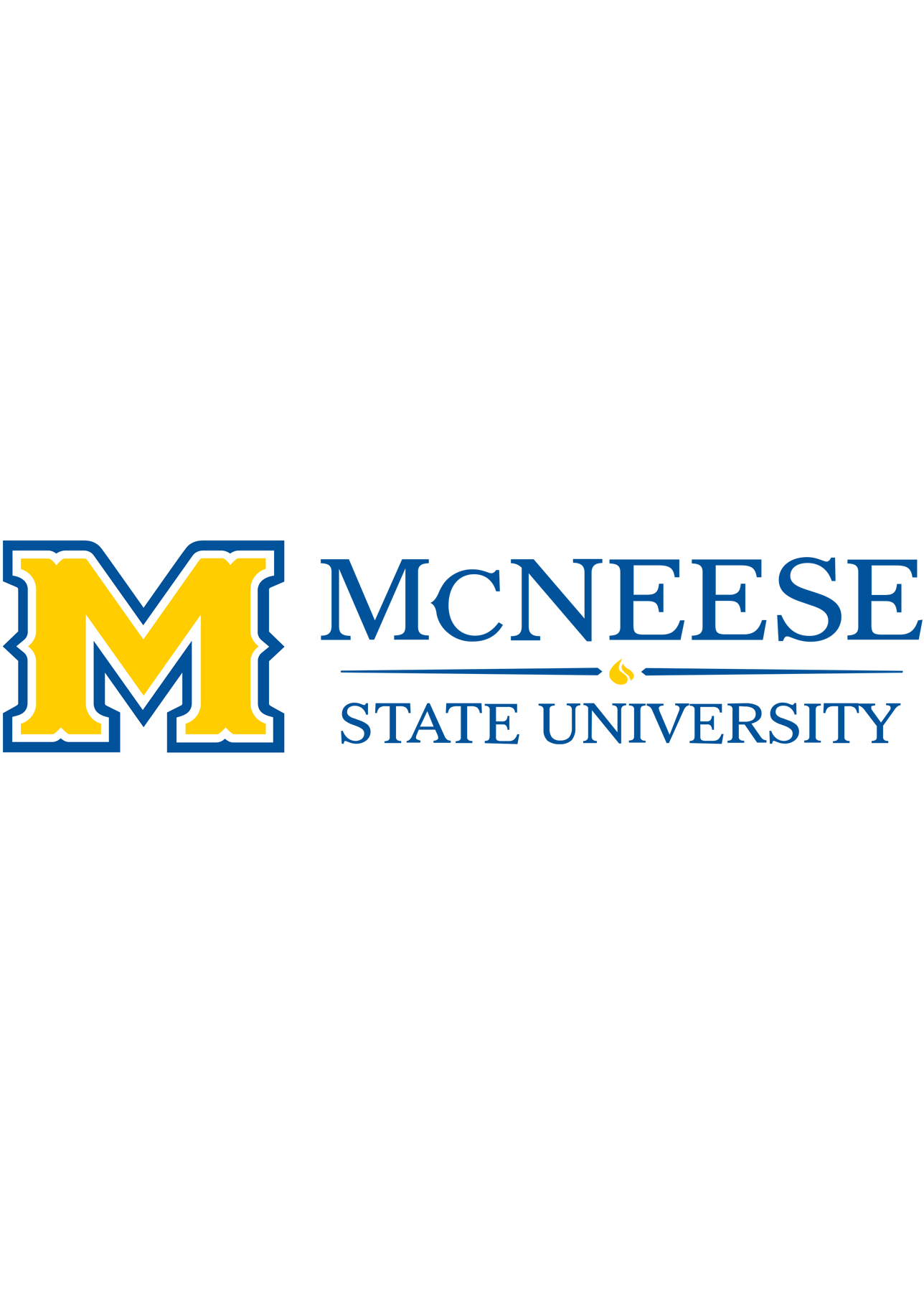
McNeese State University
Intelligent Score: 94.01In-state: $5,147
Out-of-state: $13,185
In-state: $5,703
Out-of-state: $5,703
SAT: 1050-1240
ACT: 20-25
Resident: $472
Non-Resident: $972
Online
Commission on Collegiate Nursing Education
42-51
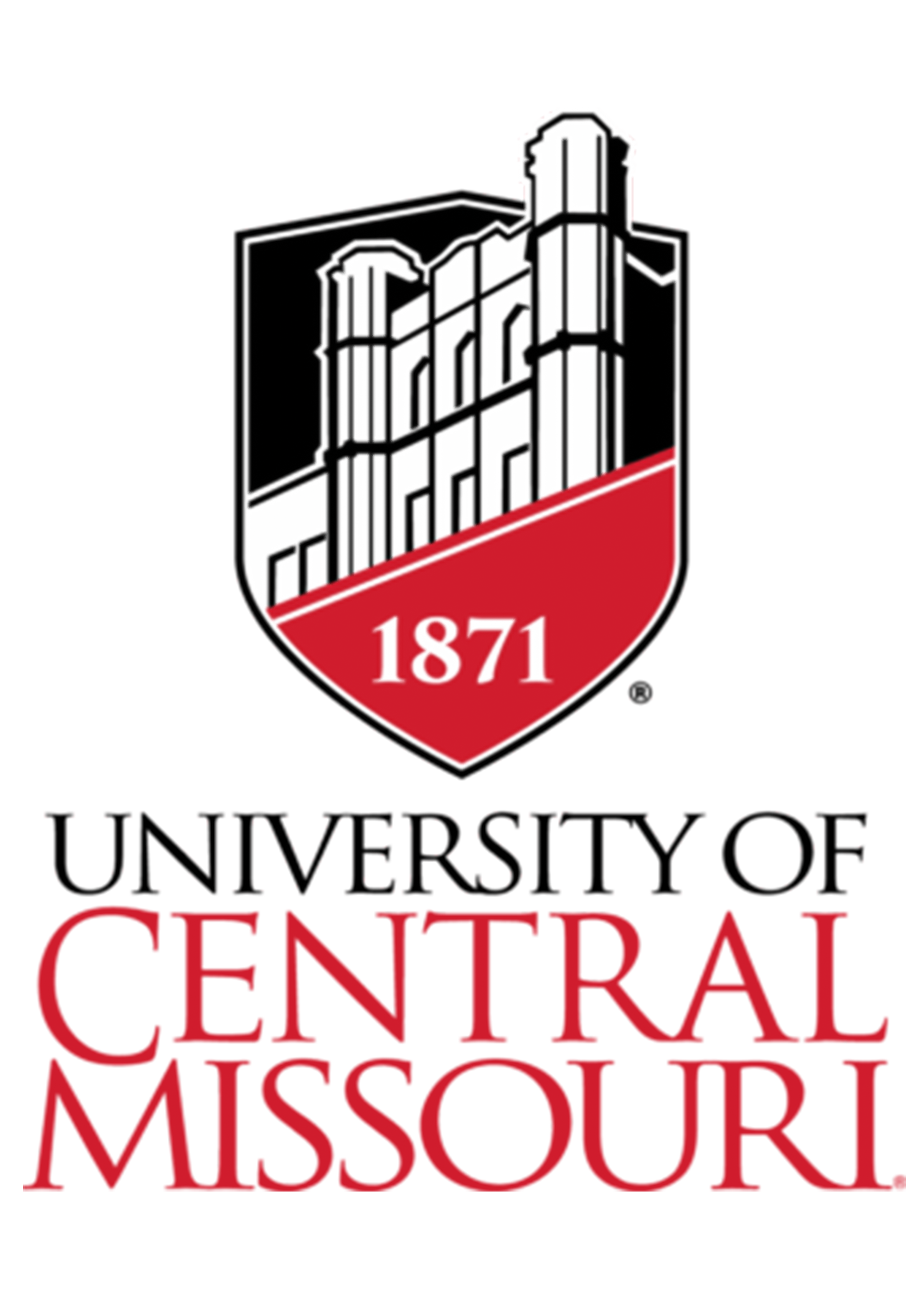
University of Central Missouri
Intelligent Score: 93.80In-state: $7,128
Out-of-state: $14,256
In-state: $7,608
Out-of-state: $7,608
SAT: N/A
ACT: 19-25
$413
Online, On-campus
Commission on Collegiate Nursing Education
26-44
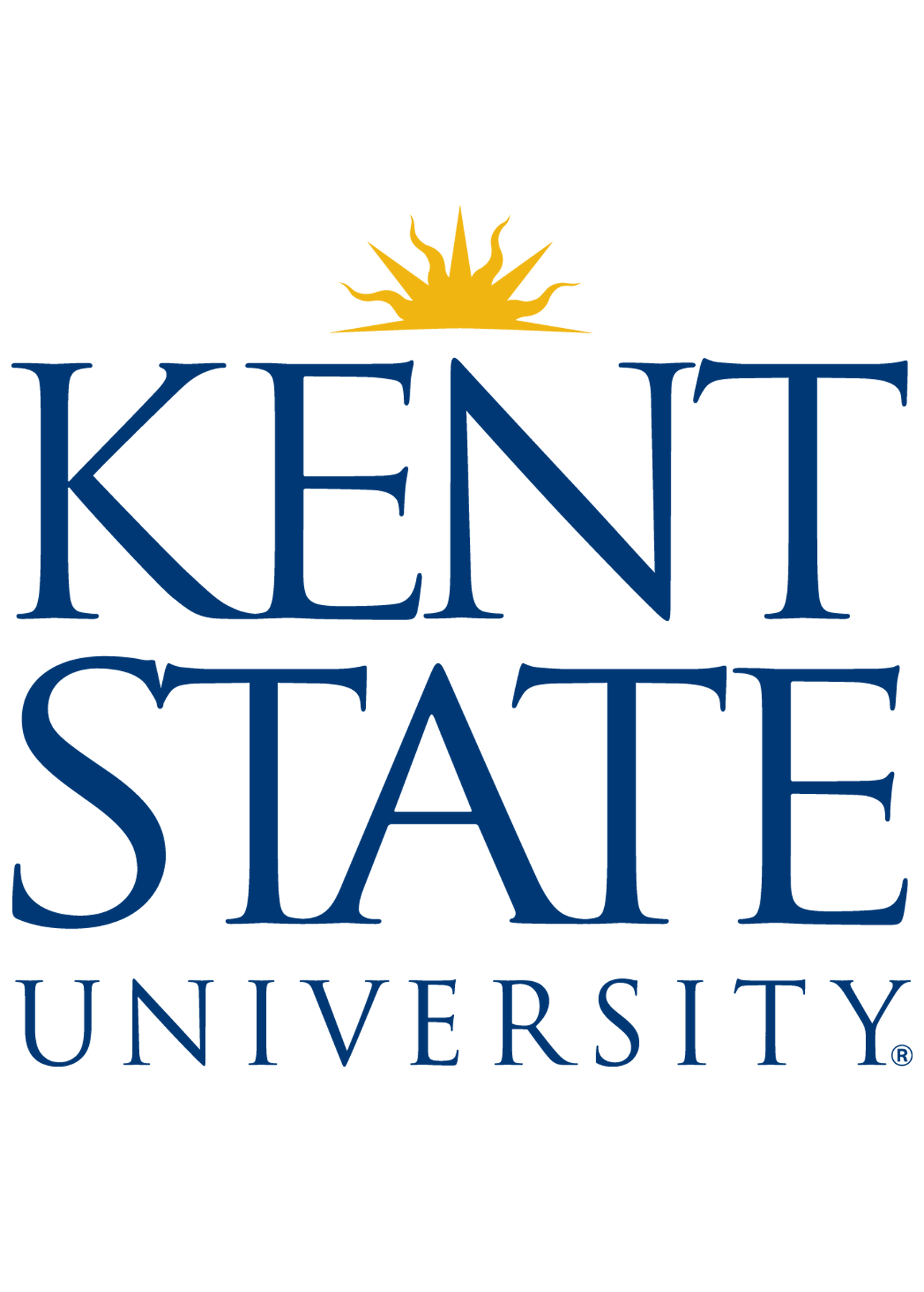
Kent State University
Intelligent Score: 92.69In-state: $10,810
Out-of-state: $19,686
In-state: $11,766
Out-of-state: $11,766
SAT: 1020-1210
ACT: 20-26
In-State: $571
Out-of-State: $581
Online
Commission on Collegiate Nursing Education
21-42

Radford University
Intelligent Score: 91.66In-state: $7,922
Out-of-state: $19,557
In-state: $8,915
Out-of-state: $8,915
SAT: N/A
ACT: N/A
In-State: $465 - $504
Out-of-State: $997
Online, Hybrid
Commission on Collegiate Nursing Education
23-78
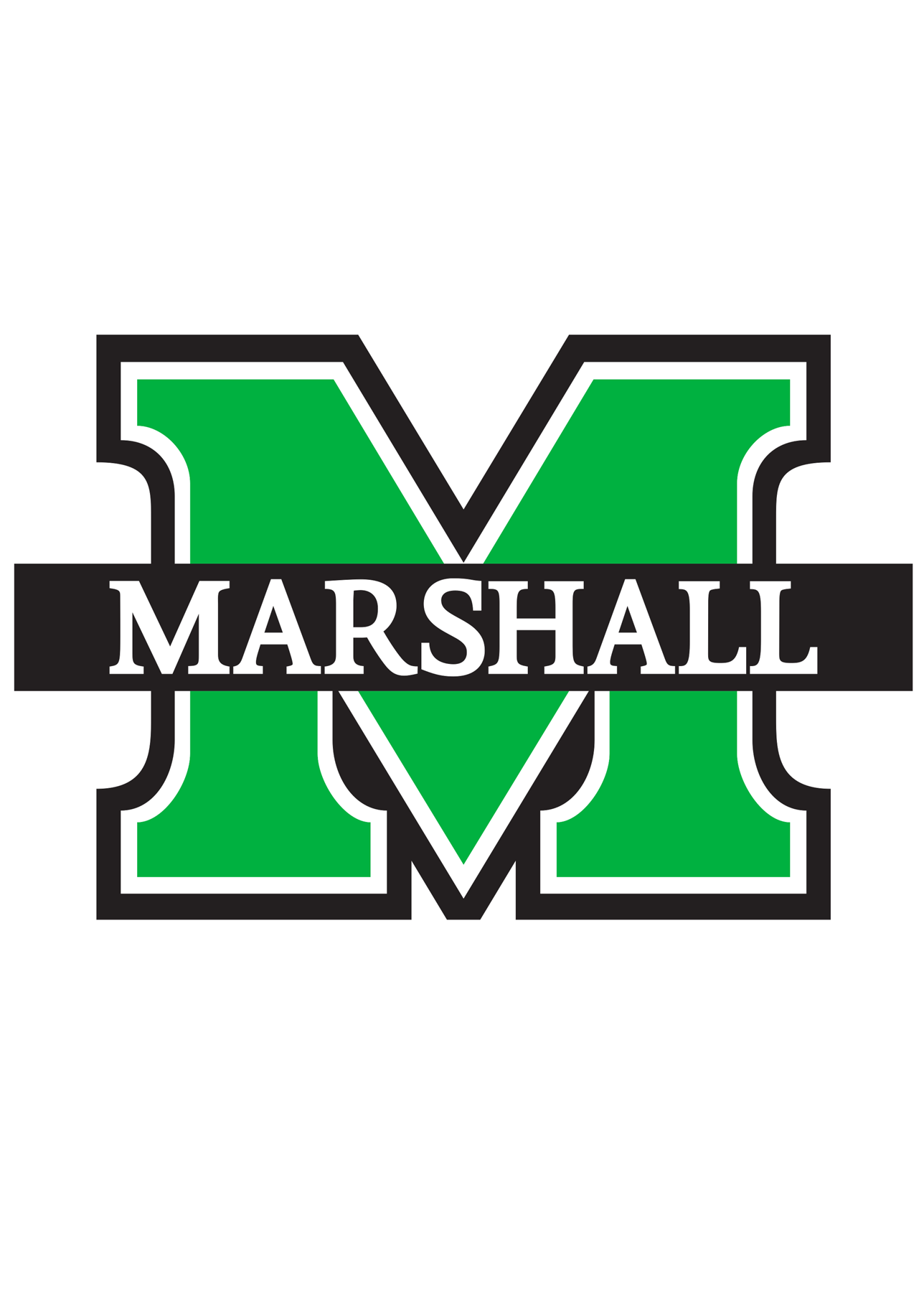
Marshall University
Intelligent Score: 89.48In-state: $7,190
Out-of-state: $18,044
In-state: $7,506
Out-of-state: $7,506
SAT: 940-1145
ACT: 19-25
$509
Online
Accreditation Commission for Education in Nursing
41-67
Cost Breakdown for Online Nurse Practitioner Programs
Tuition is the primary cost students may think of when searching for an affordable online master’s program, but there are additional costs to budget for as well. Understanding these costs can help students find a program that works for them financially.
Tuition
Tuition is the main cost associated with earning a degree. Schools set a per-credit tuition fee and charge students based on how many credits they enroll in per term. This often means students who enroll part-time pay less each term. However, all programs have a minimum number of credits required for graduation, so even part-time students will end up paying the same amount (or possibly more) as full-time students by the time they complete their degree. Students seeking the cheapest online nurse practitioner program should look not only at the per-credit tuition cost but also how many overall credits the program requires.
Fees
Schools also commonly assess additional fees to cover specific resources needed for a particular program. For example, students in nurse practitioner programs may have to pay fees for background checks and labs. Online programs may also charge fees for virtual classroom technology, library resources, or technical support. Schools may assess fees on a per-term, per-year, or one-time-only basis.
Personal technology
Online students must be prepared with reliable technology, including personal computers and high-speed internet access. If students are participating in live online classes, they’ll need a microphone and webcam as well. Before starting your program, assess your current tech setup and determine if you need any new equipment or an upgrade to your internet access. If you need a new computer or software, check if your school partners with stores or companies to offer students discounts on technology.
Books and other learning materials
According to the Education Data Initiative, the average postsecondary student spends between $628 and $1,200 annually for books and supplies. Program representatives can provide more details about how much students in a nurse practitioner program should expect to spend on books, allowing students to factor those costs into their budget.
Cost savings for online programs
Attending a nurse practitioner degree program online can eliminate costs like room and board, transportation, childcare, and on-campus student fees. Students who attend school remotely also have more control over their cost-of-living expenses, as they may be able to live somewhere more affordable than where the college is located. The flexibility and convenience of an online nurse practitioner program may also make it easier for students to work and have a stable income while in school.
Factors Influencing the Cost of Online Nurse Practitioner Programs
There are a number of factors that contribute to how colleges set their tuition rates, which can influence what type of institution a student chooses for earning their online nurse practitioner degree.
Public vs. private institutions
A school’s status as a private or public institution plays a significant role in determining its tuition. Private colleges rely mainly on tuition, endowments, and investments to fund their operations, so they typically charge higher tuition rates than public universities. Public colleges receive federal and state money to operate, with the intention of providing more affordable education options to students.
Student residency status
Because public colleges receive state tax dollars to support their operations, students who attend a public school in the state where they reside pay lower tuition rates than those who attend from out-of-state. Private colleges charge all students the same tuition rate, regardless of where they live.
However, as online programs have become more popular, more public schools are offering in-state tuition to all students, regardless of residency. If you’re considering any public institutions, ask about their tuition policies to see if you are eligible for an in-state tuition rate.
Nonprofit vs. for-profit
Colleges in the U.S. are classified either as non-profit or for-profit entities. All public universities are nonprofit. Private institutions can be nonprofit or for-profit. For-profit schools often charge lower tuition rates than private nonprofit colleges, but it’s important to remember that the primary mission of a for-profit school is to earn money for investors and shareholders. Therefore, investment into the school’s infrastructure and its students may take a backseat to other priorities, which can impact the quality of education students receive. Meanwhile, at non-profit schools, revenues must be reinvested into the institution in the form of faculty and staff salaries, student services, infrastructure, and more.
Student military status
Schools commonly offer discounted tuition rates to veterans, active-duty service members, and their spouses or children. Students who think they may be eligible for discounted tuition based on past or current military service should check with their school’s financial aid or military services office.
How to Pay for an Online Nurse Practitioner Program
Even if you find the cheapest online nurse practitioner program, you’ll still likely have to pay something for your degree. There are a variety of ways to cover costs associated with a nurse practitioner degree program.
Out-of-pocket
Essentially, this means using your own money (or that of parents or guardians) to pay for tuition and other expenses. Many students pay at least a portion of their degree costs out-of-pocket, even if they also receive loans, scholarships, and grants. Students using their own money to pay for some or all of their tuition and fees should inquire with their school’s financial aid office about payment plans, which allow students to spread out their payments over the course of the term.
Federal student loans
Graduate students are eligible for Direct Unsubsidized Loans through the U.S. Department of Education’s federal student loan program. The interest rates and repayment terms for federal student loans are set by Congress and are typically more favorable than education loans from private lenders. Students must submit the Free Application for Federal Student Aid (FAFSA) to determine their eligibility for federal student loans. More information about the FAFSA and student loans is included in the next section.
Private education loans
Because there are limits to how much students can borrow in federal student loans, some may use education loans from private lenders like Sallie Mae, SoFi, and Ascent to make up the difference. Private student loan interest rates and terms vary based on factors like current market rates and individual credit scores. Students who need to take out private education loans should keep an eye on interest rates throughout the year to lock in the most favorable terms possible.
Scholarships
Scholarships are considered gift aid because, unlike loans, they don’t need to be repaid. Students can receive scholarships based on various factors, including financial need, academic or professional achievements, or being part of a specific demographic. For scholarships based on financial need, students typically have to submit a FAFSA form. Scholarship sources include schools, employers, individuals, private companies, nonprofits, community and religious groups, and professional organizations. Although researching and applying for scholarships can be time-consuming, this financial aid is particularly beneficial because students don’t need to worry about repaying it. A few scholarships, even in small amounts, can help decrease the amount students must pay out of pocket or with loans.
Grants
Like scholarships, grants are gift aid that doesn’t have to be repaid. Schools typically award grants based on financial need to help fill in gaps not covered by scholarships or loans. To find out what types of grants you may be eligible for, speak to your school’s financial aid office.
Employer tuition assistance
If you’re planning on working while earning your online nurse practitioner degree, find out if your employer offers tuition assistance benefits. The way this benefit is administered varies, but typically, an employer will reimburse students for some or all of the cost of a course after successful completion.
Nurse Practitioner Career Outlook
When considering how much to spend on a nurse practitioner degree, it’s also helpful to think about earning potential and job opportunities.
The median annual salary for general nurse practitioners is $126,260, while nurse midwives earn $129,650, and nurse anesthetists earn $212,650. The type of setting in which nurse practitioners work also impacts salaries. For example, nurse practitioners in outpatient healthcare centers earn a median annual wage of $136,920, while those in physicians’ offices earn $126,270.
The employment outlook for nurse practitioners is very strong, with an estimated 29,200 new jobs on average per year through 2032. Because nurse practitioners can perform many of the same tasks as physicians, they’re increasingly in demand as part of care teams in hospitals, clinics, and physicians’ offices.
Nurse practitioners can also increase their earning potential and job prospects by focusing on a specialty, qualifying themselves for more positions. Some popular nurse practitioner specialties include:
- Pediatrics
- Neonatal care
- Psychiatric care
- Adult-gerontology
- Women’s health/gynecology
- Nurse informatics
- Nurse educator
Applying for Financial Aid
For an in-depth overview of the FAFSA and financial aid application process, check out the Ultimate FAFSA Guide.
Student loan forgiveness and repayment
When borrowing money to pay for college, students should always expect to repay their loans in full and have a clear understanding of interest rates and repayment options before committing to any loans.
Although the Biden administration has made efforts to forgive student loan debt, there is currently no comprehensive action that would eliminate student loan debt for all current and future borrowers.
Some federal student loan forgiveness plans are currently in place, including Public Service Loan Forgiveness (PLSF). Students may want to consider their eligibility for these programs before borrowing money to pay for their degree.
Dana Marvin, an independent college counselor, offers this guidance to help students borrow wisely for college and repay their student loans as quickly as possible.
“Borrow only what you need and nothing more,” Marvin says. “For example, if you’re eligible to take out a loan for $12,500 per year but only need $8,000, there’s no need to take out a loan for those extra funds. Every dollar you take out in a loan will be paid back and with interest.”
“You can also begin paying off your loans as soon as the funds have been disbursed,” Marvin continues. “Even paying off a few hundred or thousand dollars before finishing school can make a huge difference to those loan amounts post-graduation.” Paying on loans earlier is especially important for graduate students, as interest on unsubsidized loans begins accruing after the loan is disbursed.
How to Choose the Affordable Online Nurse Practitioner Program That’s Right for You
While finding the cheapest online nurse practitioner program might be the priority, there are a number of other factors to consider when choosing the right program.
If you’re attending an online nurse practitioner degree program, consider whether you want a synchronous or asynchronous program. While asynchronous programs offer more flexibility, they also require more independent learning, which may not work for students who prefer interaction with faculty and classmates. Also, consider whether you want to enroll full-time or part-time, as this may affect your options.
Nursing is a heavily regulated field, with licensing requirements that vary by state. Before enrolling in a program, review licensure requirements for the state where you plan to practice to ensure you’ll be able to obtain licensure post-graduation.
Also, reflect on whether a specific type of environment or patient population interests you. This reflection can guide you to programs that offer electives, specializations, and clinical experiences in your area of interest.
When researching programs, confirm that the schools and programs you’re considering have the appropriate accreditation. At the institutional level, schools should have regional accreditation, which you can verify through the Council on Higher Education Accreditation (CHEA) database. Institutional accreditation is important because it affects eligibility for federal financial aid, nursing licensure, and future employment and educational opportunities. At the programmatic level, confirm that the program is accredited by the Accreditation Commission for Education in Nursing (ACEN) to ensure that it meets industry standards for nursing education.
Application and eligibility requirements vary by program, so review this information on schools’ websites and speak to admissions counselors if you need clarification.
A standard application for an online nurse practitioner’s master’s program includes:
- Completed application and fees
- Official transcripts from previous schools attended
- Letters of recommendation
- Personal statement or essay
- Resume or CV
- GRE scores
Applicants to nursing programs must also submit a criminal background check.

